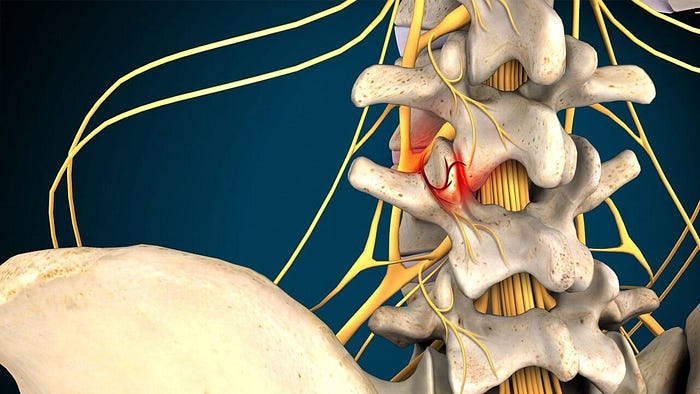Understanding Facet Syndrome: Causes, Symptoms, and Treatment Options
Chronic back pain is one of the most common complaints among adults, affecting millions globally. Among the many underlying causes, Facet Syndrome — also known as facet joint syndrome — is a frequently overlooked yet significant contributor. This condition stems from issues in the small joints located along the spine and can lead to persistent discomfort, reduced mobility, and a decline in quality of life.

What Is Facet Syndrome?
Facet Syndrome is a degenerative condition affecting the facet joints of the spine. These joints, found at the back of the vertebrae, help stabilize the spine while allowing flexibility and movement. When these joints become inflamed or arthritic — typically due to wear and tear — it results in Facet Syndrome.
Most commonly, the syndrome affects the lumbar spine (lower back) and cervical spine (neck), though it can also involve the thoracic spine (mid-back).
Causes and Risk Factors
The primary cause of Facet Syndrome is degenerative changes, often related to aging. However, several risk factors may accelerate this process:
Osteoarthritis: The cartilage in the facet joints wears down, leading to pain and stiffness.
Spinal injuries: Trauma or repetitive strain can damage facet joints.
Poor posture: Chronic misalignment of the spine increases stress on facet joints.
Sedentary lifestyle or excessive activity: Both extremes can contribute to joint degeneration.
Obesity: Increased body weight places additional strain on the spine.
Symptoms of Facet Syndrome
Symptoms vary based on the affected spinal region but generally include:
Lumbar Facet Syndrome (Lower Back)
Localized back pain, often worse in the morning or after periods of inactivity
Pain radiating to the buttocks or thighs (but not below the knee)
tiffness and reduced range of motion
Discomfort when leaning backward or twisting the spine
Cervical Facet Syndrome (Neck)
Neck pain and stiffness
Pain radiating to the shoulders, upper back, or arms
Headaches originating from the base of the skull
Pain often worsens with movement and improves with rest, a distinguishing feature from other spinal conditions like herniated discs.
Diagnosing Facet Syndrome
Diagnosis typically involves a combination of:
Medical history and physical exam: To assess pain patterns and mobility.
Imaging studies: X-rays, CT scans, or MRI may reveal joint degeneration or inflammation.
Diagnostic facet joint injections: A local anesthetic is injected into the suspected joint; significant pain relief supports the diagnosis.
Treatment Options
Facet Syndrome is often manageable with conservative, non-surgical treatments:
1. Physical Therapy
Improves flexibility, posture, and strength
Teaches proper body mechanics to reduce stress on the spine
2. Medications
NSAIDs (e.g., ibuprofen) to reduce inflammation
Muscle relaxants or short-term opioids (if severe)
3. Chiropractic Care or Manual Therapy
Targeted spinal manipulations may relieve joint pressure
4. Injections
Corticosteroid injections: Reduce inflammation in the facet joint
Medial branch blocks: Diagnostic and therapeutic nerve-blocking injections
5. Radiofrequency Ablation (RFA)
Minimally invasive procedure using heat to disable nerves transmitting pain signals
Relief can last 6–12 months or more
6. Surgery (Rare Cases)
If conservative treatment fails, options like spinal fusion may be considered
Prevention Tips
While not all cases of Facet Syndrome are preventable, these strategies may reduce your risk:
Maintain a healthy weight
Stay active with core-strengthening and flexibility exercises
Practice good posture, especially when sitting or lifting
Avoid repetitive spine-stressing movements
Final Thoughts
Facet Syndrome may not be a household name, but for those living with chronic back or neck pain, it’s a very real and often treatable condition. Early diagnosis and a tailored treatment plan can significantly improve symptoms and restore function. If you suspect you may have Facet Syndrome, consult a spine specialist or physical therapist to explore your options.
Contact us :-
Dr. Sarthak Kadakia | Best Spine Surgeon in Borivali | Spine Specialist in Mumbai
Address : 2nd Floor, DEVKRUPA CHS, Swami Vivekananda Rd, beside Pulse Diagnostic Shimpoli Signal, Shimpoli, Borivali West, Mumbai, Maharashtra 400092
Mobile : +919701549701
E-mail : drsarthakkadakia@gmail.com

Comments
Post a Comment